
Transfer pricing not in vogue
October 31, 2011 | 09:01
"These first results in the fight against transfer pricing in foreign-invested enterprises (FIEs) are a real highlight for tax authorities "
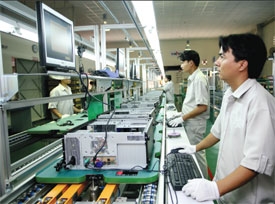
More teeth needed to bite into taxing issues
October 10, 2011 | 09:00
Businesses in Vietnam claim a lack of clear information is making it tough for them to follow current transfer pricing rules.

Transfer pricing a serious issue
August 29, 2011 | 07:37
Transfer pricing is one of the key issues in tax authorities’ audit and companies’ tax governance and business decision-making in related party deals.
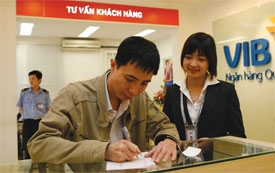
Putting fresh acquisitions into clear perspective
March 21, 2011 | 08:40
“In other words, the challenge for the acquirer is to condense a bundle of hard information and expectations into one figure - the offered purchase price”

Heightened government scrutiny leads to rapidly evolving transfer pricing rules and regulations
March 17, 2011 | 12:20
Long-term growth in international trade, combined with the challenging global economic environment and growing fiscal deficits, has many governments focused on tax base protection.
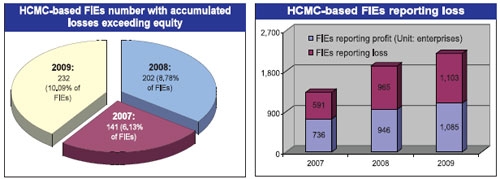
Transfer pricing is firmly in authorities’ firing line
November 21, 2010 | 14:28
“This project is being carefully built because it affects the rights and obligation of enterprises, as well as benefits the state”
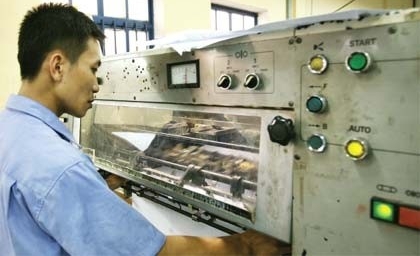
Firms must play with a straight bat
October 03, 2010 | 21:28
Grant Thornton Vietnam’s Ronald Parks and Nguyen Truong Hiep say companies cannot afford to ignore the transfer pricing issue.
Transfer pricing still raising its ugly head
July 19, 2010 | 17:37
Transfer pricing is pointed as a reason for foreign-invested enterprises’ regular reporting of losses.
Jury out on nation’s new power pricing plan
November 27, 2007 | 17:38
A new power pricing system has finally seen the light of day. Pham Manh Thang, head of the Electricity Regulatory Authority of Vietnam (ERAV), said that under the new system, state subsidies would be reduced while consumers would be required to pay depending on the strength of voltage used.
1 2







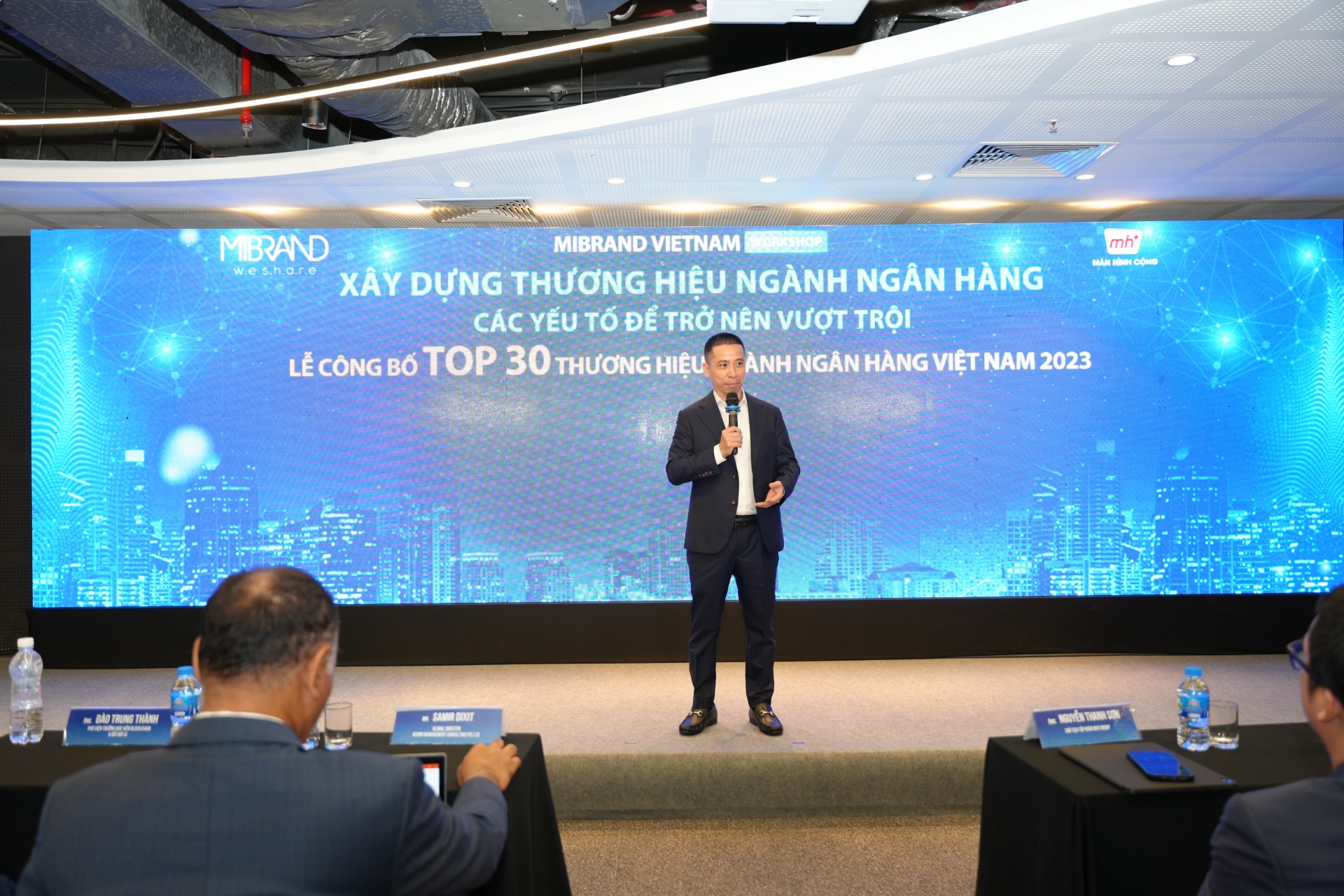



 Mobile Version
Mobile Version